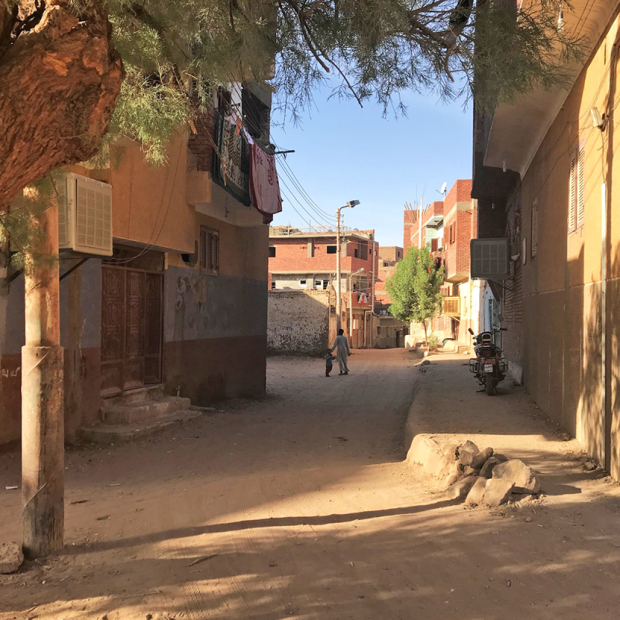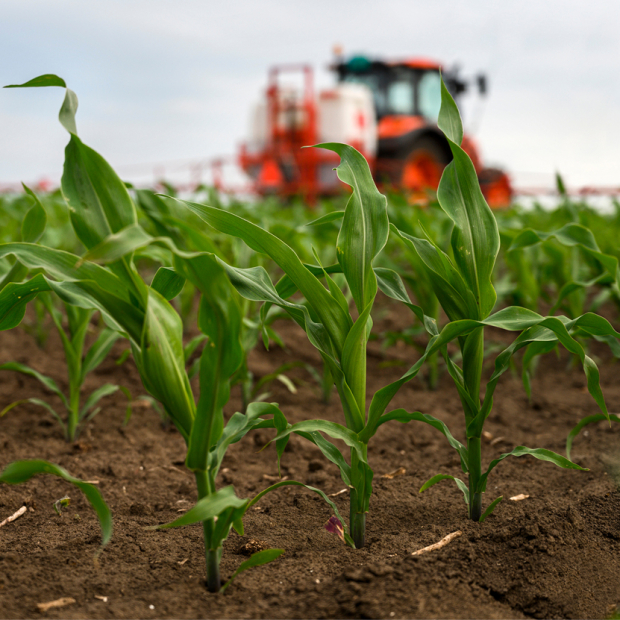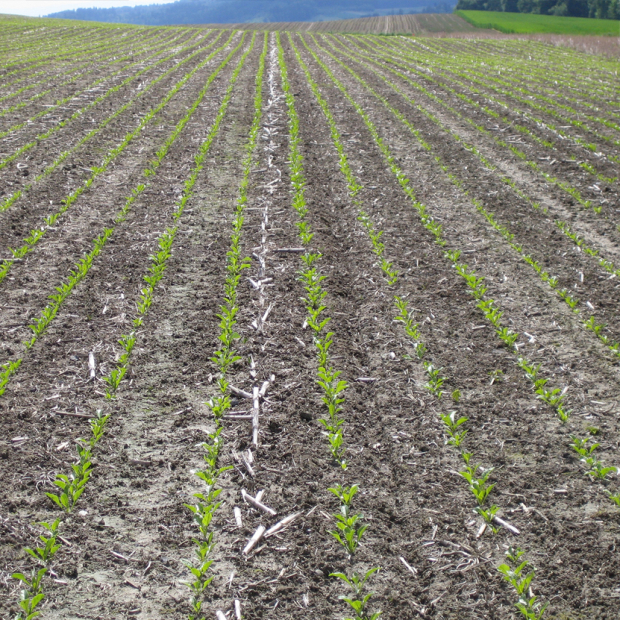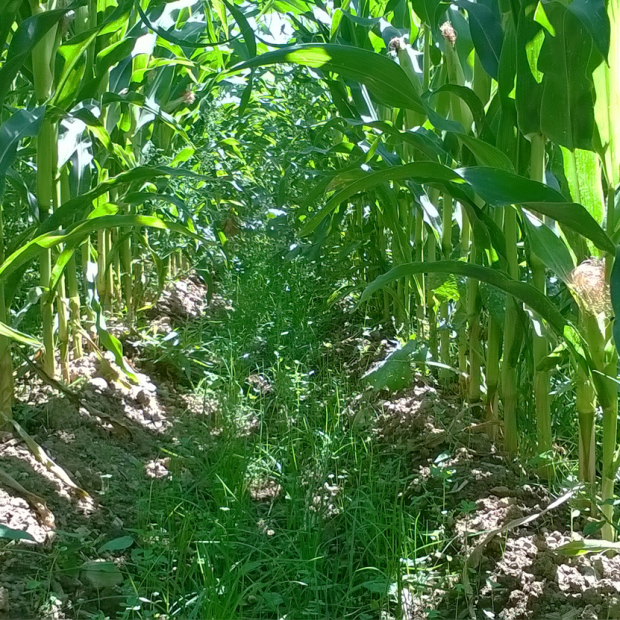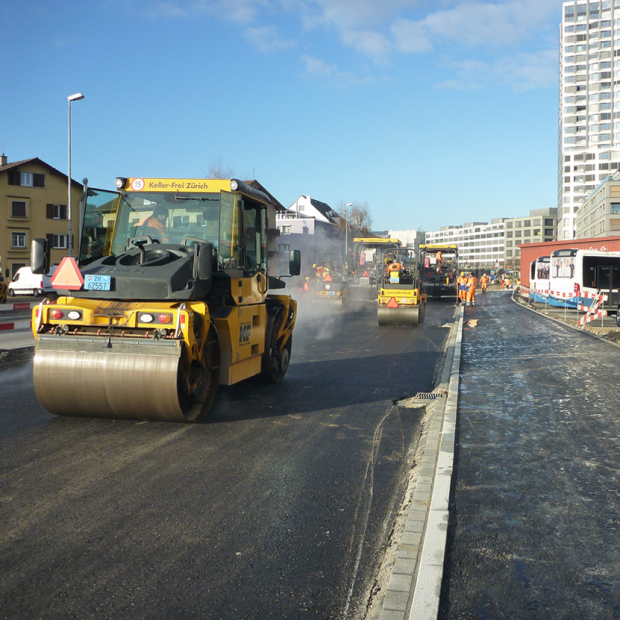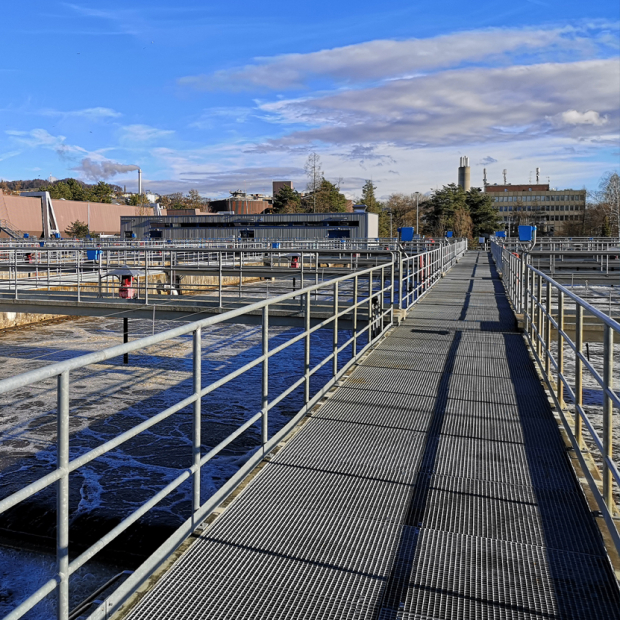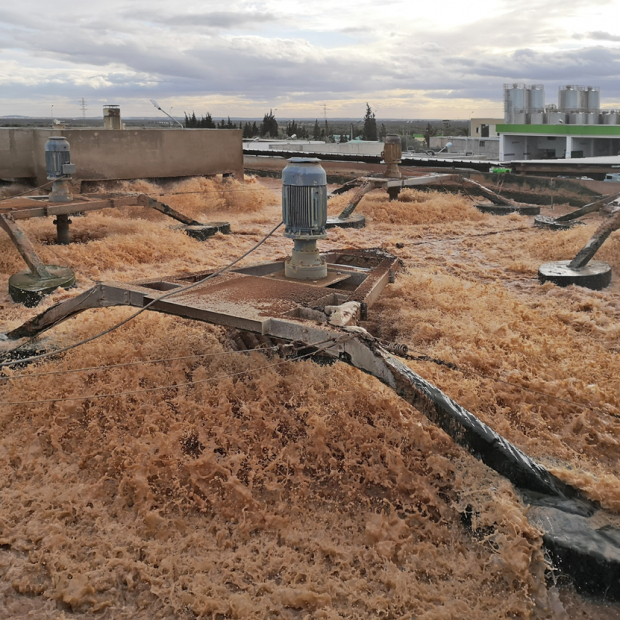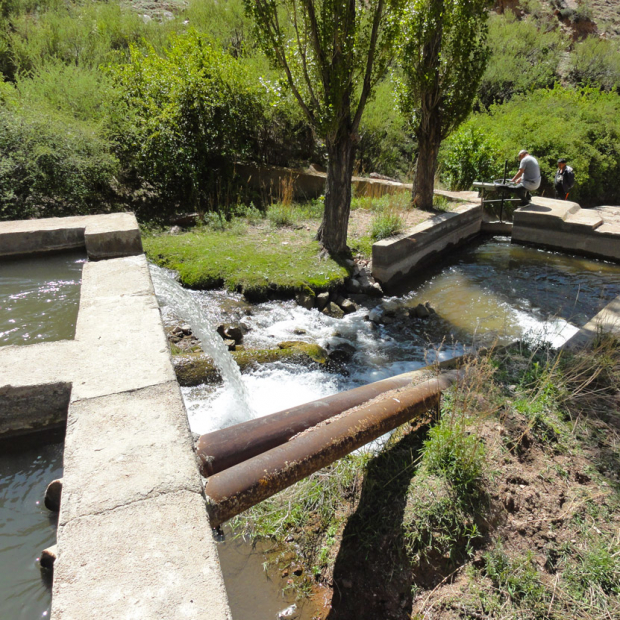
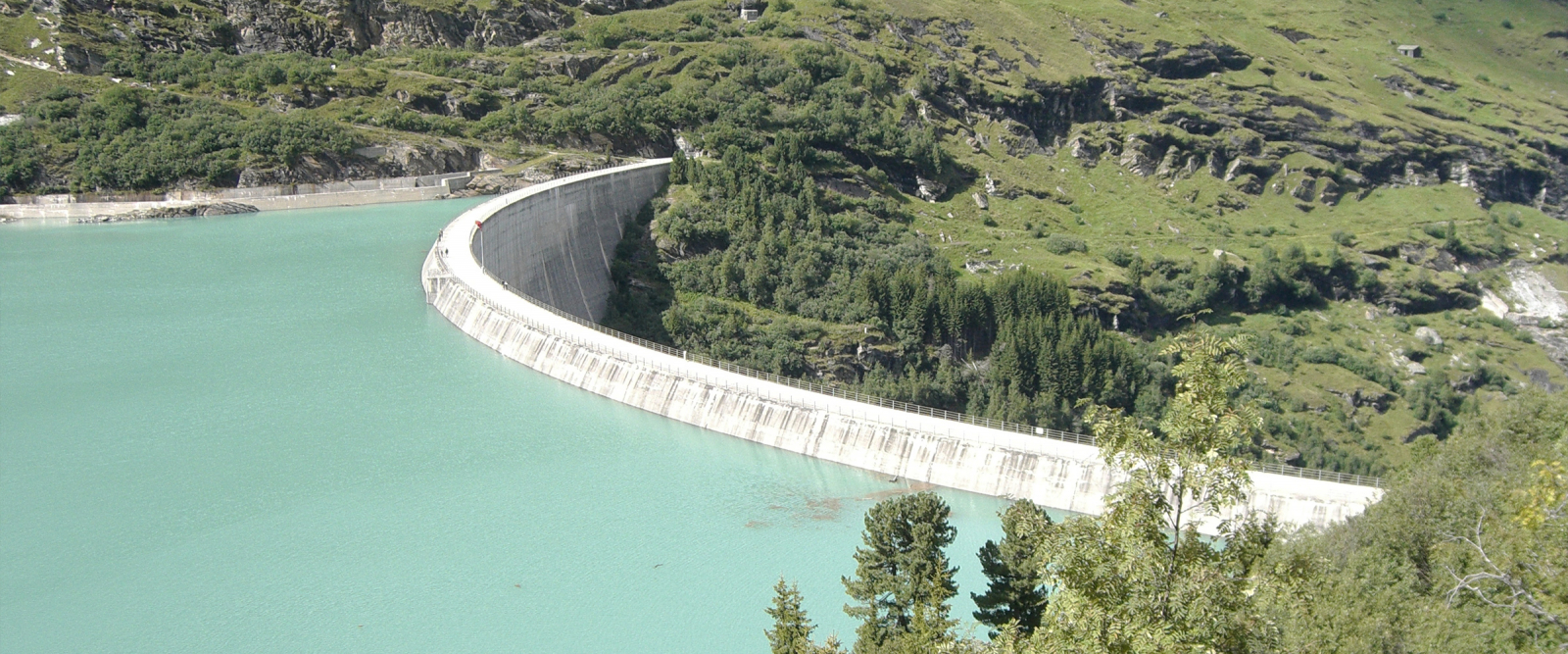
Research Project on an Integrated Water Policy for Switzerland
We develop adequate forms of integrated water governance and management for Switzerland in an interdisciplinary team led by EAWAG. The project is part of the Swiss National Research Program on Sustainable Water Management (NRP 61).
Freshwater is one of the most precious resources that our environment provides. Water resource management - the prospection, harvesting, distribution, utilization, purification and control - has shaped human civilization. Sustainable water management is one of the greatest challenges facing the present environmental politics.
Water provides diverse functions that influence interactions between natural and societal systems. Existing and new pressures have raised issues at the intersection of social demands, ecological integrity and resource security. As a consequence, there have been calls for more integration of water use, water protection and protection from water. In light of the uncertainties concerning environmental change, these calls also include the need for greater attention to more flexible capacities which allow learning processes by the society and its institutions.
Despite some successes, Switzerland’s current water management systems are not yet qualified enough for coping with future challenges of integration. Key water policies and programs are institutionally separated and management units are highly fragmented. Therefore, there is a need for enhancing coordination and integration across water sectors such as water supply, wastewater treatment, irrigation and hydropower generation.
Our project elaborates adequate forms of integrated water governance and management and assesses strategies and instruments for a sustainable transition. For this purpose, our project will examine the interactions and dynamics between various relevant dimensions with regard to water use, water protection and protection from water such as geographical space, level of jurisdiction, political authority, characters of organization, and modalities of management.
The project’s significance is the practical promotion and implementation of more integrated water governance and management. For this purpose, our trans-disciplinary project involves relevant stakeholders in the research process. The project arranges a stakeholder dialogue including three workshops (with natural sciences and engineering, regulators and associations, environmental and consumer groups) and three focus groups with practitioners. This dialogue aims at discussing and commonly developing the architecture for integrated water governance and management as well as guidelines for the implementation.

